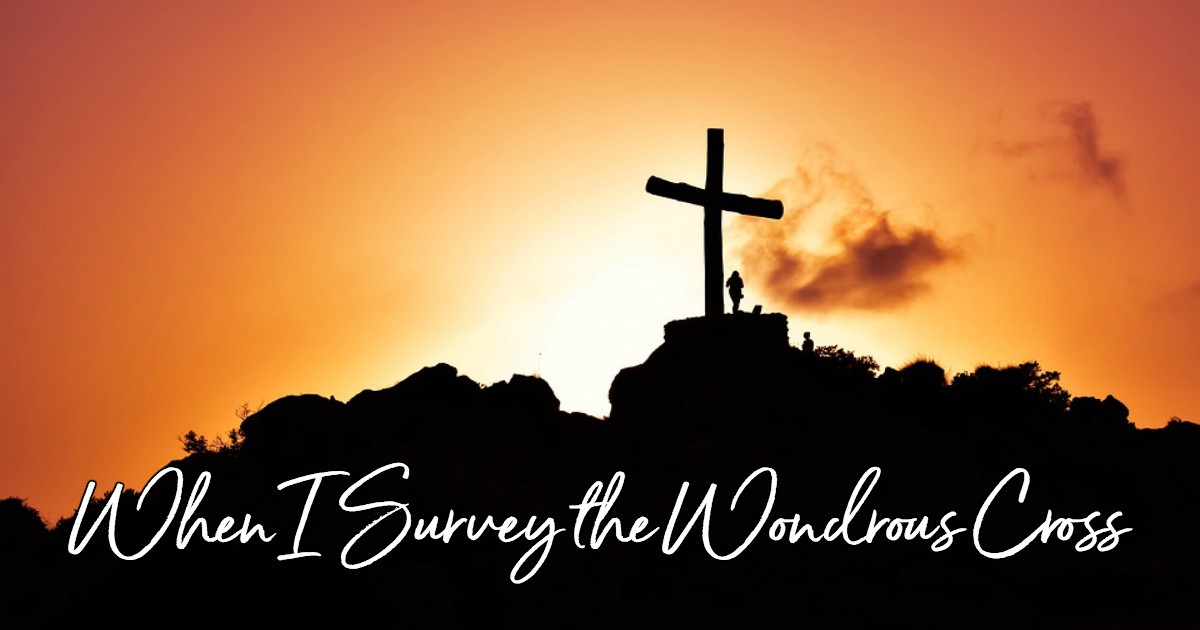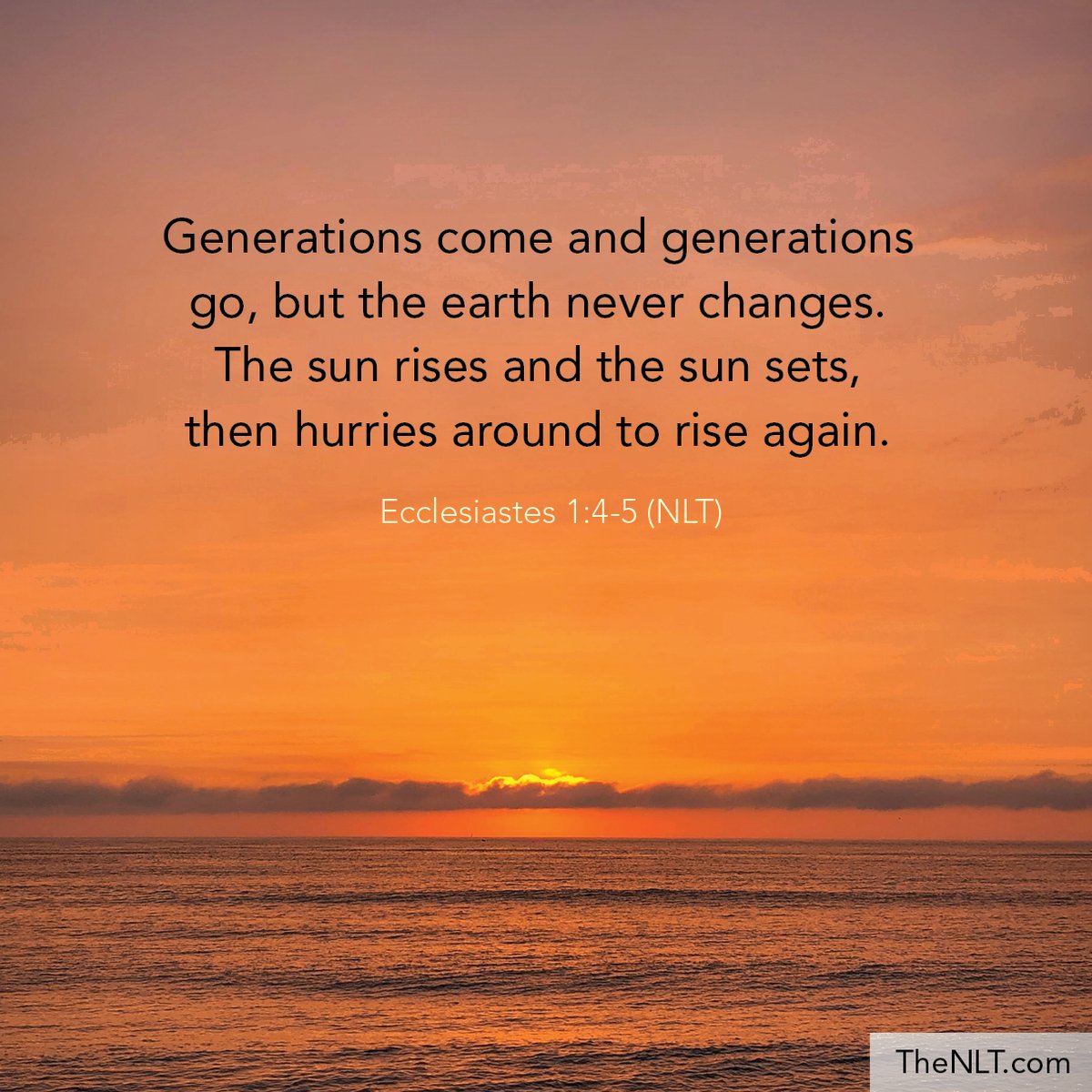"And I declared that the dead, who had already died, are happier than the living, who are still alive. But better than both is the one who has never been born, who has not seen the evil that is done under the sun." - Ecclesiastes 4:2-3
Solomon's woes continue in today's reading and his words sound a lot like the words of Job, who also lamented that the day he was born. "After this, Job opened his mouth and cursed the day of his birth" (Job 3:1)
If we dissect Solomon's thoughts in these 2 verses, we can see that he is highlighting three groups of people. Firstly, those who have died. Secondly, those who are still alive and then, thirdly, those people who are still to be born. This is all done with the background of his observation of oppression. His response to those who have no comforter (both the oppressed and oppressors) is this:
1. The dead are better off, because they are now free from the pain and trials of this oppressive world.
2. Those of us who are alive are worst off, because we still need to witness the agony of oppression and 'heart-break' in our world.
3. Those who are best off are the unborn children, as they are still innocent and haven't yet had their hearts broken by the sins of humanity.
Shew, this is all a little too depressing for me to be honest. Thankfully, we know the Good News that comes from Jesus Christ and that our Saviour offers us hope in the midst of all our struggles. Jesus offers us 'the abundant life' even though there is still pain all around us. For me, Jesus Christ gives me a reason to push through all the heart-break I see around me.
What do you think?
Living in Grace
D3LM3






















